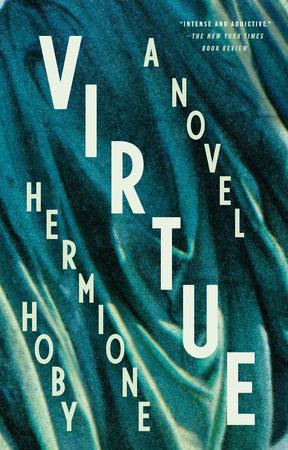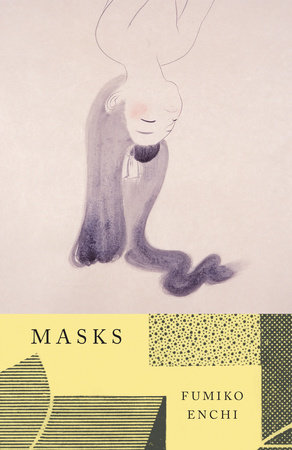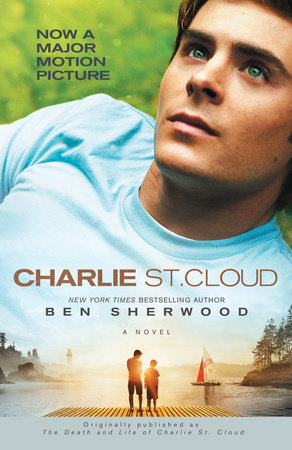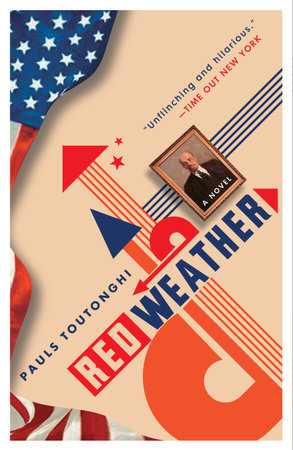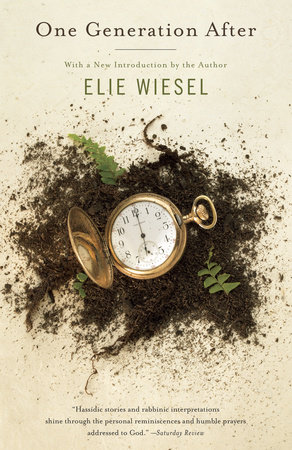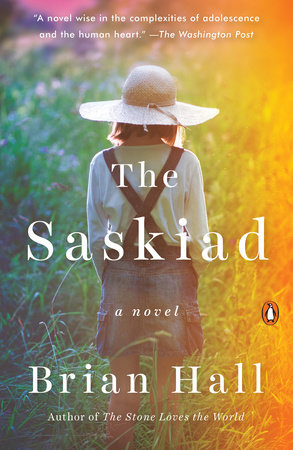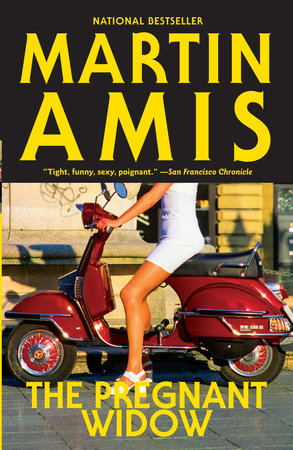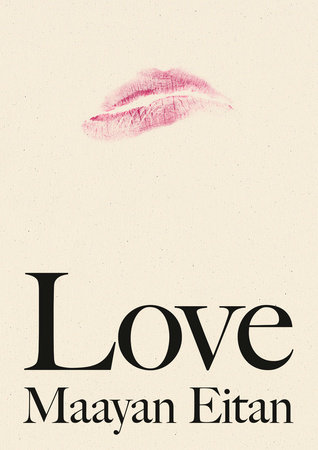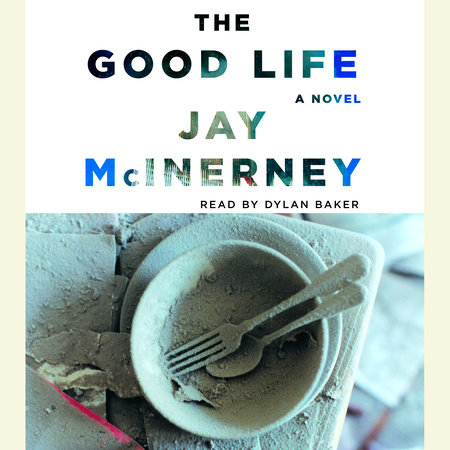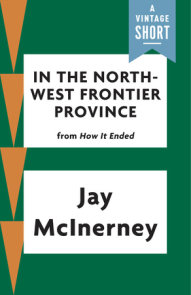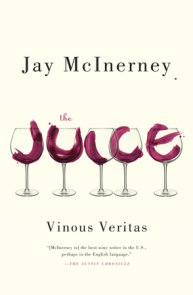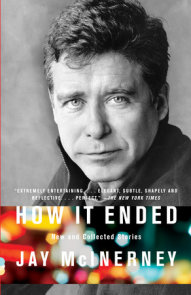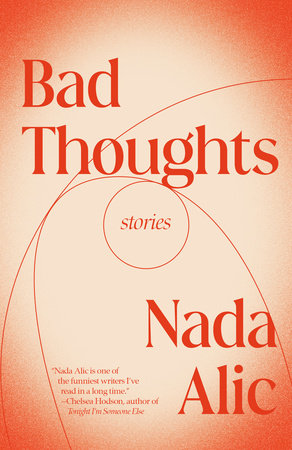Author Q&A
A Conversation with Jay McInerneyWhat is The Good Life about for you?The Good Life is first and foremost a love story. It’s about the way in which the collective trauma of 9/11 prompted many of us, especially those of us here in New York, to reevalute our lives, to reexamine our values, our careers, our marriages. And it’s about the difficulty of reinventing yourself in and changing course in midlife.Has fatherhood changed your writing? Do you think you would have written The Good Life if you hadn’t had children?Fatherhood has certainly reshaped my worldview and The Good Life would have been a very different book if I weren’t a father. Being a parent extends your temporal horizon in both directions: the future becomes far more tangible and important to you as the place your children and their children will inhabit; and the past becomes more vivid as well, since parenthood inevitably carries you back to reflect on your own childhood and the dynamics of your own interactions with your parents. The fact that the main characters are parents is central to the concerns and even the plot of The Good Life.How has age affected your writing, and vice versa? Do you focus on different things now than you did earlier in your career? And has your experience as a novelist transformed the way you perceive the world—both on a larger scale (e.g., 9/11 and its aftermath) and in the way individuals interact with each other?Lately I have been thinking that The Good Life may be my first book about adults; after passing forty, I had to finally consider the fact that I couldn’t keep writing bildungsroman forever. Most of the protagonists of my previous novels, whatever their age, were in some sense post-adolescents, trying to reach an accommodation with the social order. The Good Life is about people who signed the social contract years ago; now they’re looking for loopholes.It’s been suggested that The Good Life is “phase three” for you—one being Bright Lights, Big City, and two being Brightness Falls. What do you make of this assessment? I actually think of The Good Life as being the start of phase two, the second act that we American writers aren’t supposed to have. On the other hand, I do think that The Good Life is some sense a third or fourth installment—if you count my third novel Story of My Life—in my very quirky history of New York since the eighties.How did you come to write The Good Life? What made you decide to revisit the characters from Brightness Falls? I’d always wanted to return to the cast of characters in Brightness Falls. It’s my favorite of my books. I really meant to do it sooner. And I expect to again. Most of my books have a fairly compressed time frame, and I was really eager to work with the element of time, the passage of years in the lives of my characters. The Washington Post, among other publications, has called you “one of the solid chroniclers of his time.” Do you see your work this way? Is it something you set out to do when writing?It’s always dangerous claiming to chronicle your time or your generation. But I like to think that my books collectively contain a very vivid and accurate portrait of life for a certain type of New Yorker of my generation. All of us not directly affected by the attacks remember the compulsion to do something to ease the suffering of those who were. In your case, that meant volunteering at a soup kitchen for relief workers. What led you there, and how did your experiences at the site inspire or inform the book? Like everyone I know in New York, as soon as the initial shock had worn off my impulse was to try to do something, to help out in some way, to do anything that would make myself somewhat useful and somewhat less helpless. A friend told me about a soup kitchen which had just started up at the edge of the site but access to downtown was severely restricted. But after a few drinks a few nights after the eleventh I just jumped on the number 6 train at midnight and popped up at Bowling Green and found the soup kitchen which at that point was just a tent and a coffee machine and some warming trays. And they were happy to have me. And I kept going back. The soup kitchen in the book is based on the one I worked at for six or seven weeks.Portions of this novel are set in Tennessee, which in The Good Life seems a sort of antidote to the sense of dissolute chaos in New York. Would you agree with this observation, and does it reflect your own feelings about city and country life?After 9/11 almost every New Yorker thought about their roots, about the precariousness and danger of urban life and by extension of the virtues of the rural life. Although I’m a Yankee I married into the Southern experience and my kids were born in Tennessee. I’ve always been fascinated by Southern literature and in fact some of the most interesting people I know in New York are expatriated Southerners. I have a kind of nostalgia for the kind of roots that real Southerners have—my own upbringing was too peripatetic to give me much of a feeling of roots. In the end, though, the experience of 9/11 made me feel more of a New Yorker than ever. What is next for you?Next for me a new novel. And I hope to God it will be easier and quicker to write than this one.



